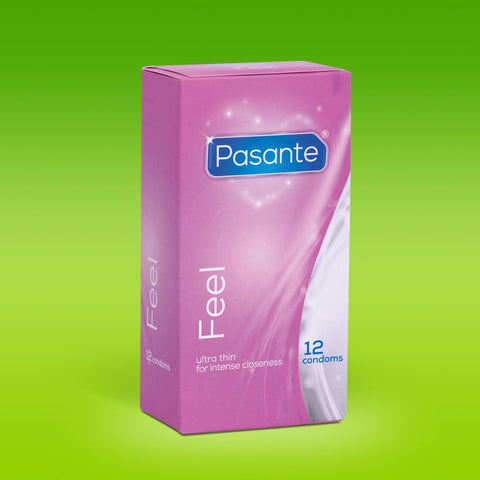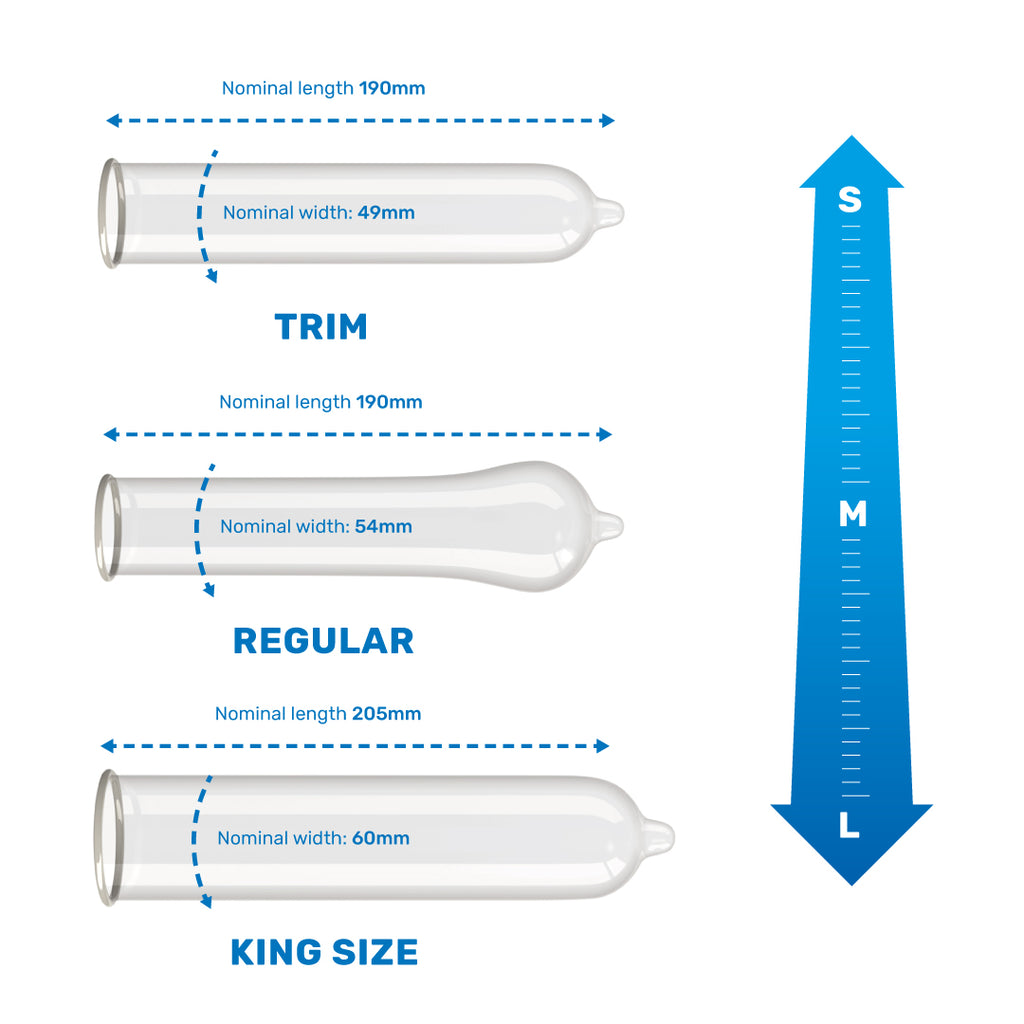
Sexually transmitted infections and Stigmas
For a long time, conversations about sex, sexual pleasure or sexual health were topics that were considered taboo. Women had to suffer in silence with vaginal dryness while people were shown round the back door of a clinic if they wanted access to contraception. For 20 years, Pasante have enabled sexual health products to be more accessible, safe and fun making it easier to access condoms and lubricant as well as increasing education around important sexual health topics.
With 317,901 new diagnoses of STIs among England residents in 2020 and a 10% decrease in consultations from 2019, it’s vital the stigmas of STI diagnoses are removed.
Therefore, let’s look at what a stigma is, myths that are often associated with sexually transmitted infections and some commonly asked questions.
What is a stigma?
A stigma is a negative attitude or prejudice around people or characteristics that make them different from other members of society. In terms of a sexually transmitted infection, someone may be judged harshly if they have an STI, as they could be seen as ‘dirty’ or ‘naughty’ which leaves people feeling ashamed and reluctant to access services.
Having a sexually transmitted infection is actually really common and definitely nothing to be ashamed of. It only temporarily affects your sex-life (in that you may have to abstain from intercourse during treatment), treatment is available for most STIs and it’s better to know you have one than not, so you can gain access to treatment quicker and remove the risk of developing pelvic inflammatory disease or other sexual health problems.
Sexual Health Myths
Sexual health stigmas often come from a spread of misinformation and lack of knowledge which then creates sexual health myths. Let’s take a look at some sexual health myths that are commonly associated with sexually transmitted infections.
Myth 1: Having a sexually transmitted infection means I am unclean
False: Someone could have two showers a day and still contract an STI as it’s not a virus based on hygiene. Having a sexually transmitted infection is very common and most STIs can often be symptomless, so you might not even be aware you have one.
Myth 2: You can only contract an STI once
False: Some sexually transmitted infections you’ll have for life, like herpes or HIV. However, other STIs like chlamydia or gonorrhoea can be treated, but you can become infected again if you have unprotected sex with someone who has the virus. That’s why it’s important that your partner gets treated at the same time so you don’t end up reinfecting each other. To reduce the risk of contracting an STI, always wear a condom every time you have sex.
Myth 3: Only young people or students can contract sexually transmitted infections
False: Sexually transmitted infections do not discriminate in that way. Everyone, at any age, who has unprotected sex is at a higher risk of catching an STI - whether you’re a young person, middle-aged or an older man or woman, the risk is always the same.
Myth 4: Only gay men get HIV
False: This is a common sexual health stigma that began in the 1980’s when the media focused on the prevalence of HIV in the gay community. Although gay men have higher rates of HIV diagnosis (1,966 new diagnoses in 2020), a high number of women are still being diagnosed every year (798 in 2020).
Myth 5: Only people who have a lot of sex with multiple partners will contract an STI
False: It doesn’t matter if you have sex once with one partner or with multiple partners. If you are having unprotected sex you are at risk of catching a sexually transmitted infection. Of course, the more partners you have, the higher the risk, but STIs can be transferred through vaginal, oral, anal sex, foreplay, any sexual contact or by sharing sex toys - whether it’s your first time or not.
Commonly asked questions
I think I have an STI - what do I do?
If you think you have a sexually transmitted infection, there’s no need to panic. Make an appointment with your local sexual health clinic as soon as possible - remember, they’ve seen everything before so there’s no need to feel embarrassed. The doctors and nurses at the clinic know what they are doing, and you’re in the best possible hands.
If I have a sexually transmitted infection, will my partner need treating too?
Yes. You and your partner will both need treatment, as otherwise you will end up passing the virus back to each other. All other partners may need treatment too, including any ex’s - but don’t worry, the clinic can do that for you confidentially and will never disclose your name.
If I use a condom, does that mean I won’t get an STI?
No - using a condom doesn’t mean that you won’t get a sexually transmitted infection, but it dramatically lowers your risk as condoms prevent any sexual fluid from being transferred from person-to-person. Condoms are known as triple protection, as they prevent pregnancy, sexually transmitted infections as well as HIV.





